GREEN OF EACH WINDOW
A married man (generously called Adonis) engages in various sexual escapades with a parade of different women. Readers begin the story knowing that Adonis has died, and the author uses a variety of different formats to tell the story of his downfall. These include poetry, short prose, quotes (some of which are in French), and scripts (for both screen and stage). Each section is paired with a particular song that is meant to “run parallel to the works but not in real time, not in sync.” These songs are listed in small blocks throughout, while a separate companion book titled Crystalline Green includes a playlist with additional poems, plays, and song tracks that accompany Adonis’ journey. The songs range from mainstream (“Run This Town” by JAY-Z) to more obscure (“A Forest” by Clan of Xymox). Characters and scenarios throughout both volumes include the mundane (employees working at an office) and the fantastical (God massaging someone’s feet; the Devil surfing). Booras occasionally crafts some truly thought-provoking passages: “This is why I prefer foreplay to sex. This is why I write more than I live.” Unfortunately, there’s not a relatable character to be found; Adonis’ immaturity is downright alienating. While Thaïs, his married colleague and “true love” is in the hospital, for example, Adonis explains that he cheated on her because, “You were sick.” Intense eroticism (“I penetrate myself / so I may feel what you feel”) alternates with performative introspection (“Have I not invented this pain? / This cock that bends / toward sadness / like a flower made heavy by rain?”). This results in a text that’s essentially an overblown ode to maleness. The experimental form is unique—but, like its main character, the book does little to endear itself to readers.


A married man (generously called Adonis) engages in various sexual escapades with a parade of different women. Readers begin the story knowing that Adonis has died, and the author uses a variety of different formats to tell the story of his downfall. These include poetry, short prose, quotes (some of which are in French), and scripts (for both screen and stage). Each section is paired with a particular song that is meant to “run parallel to the works but not in real time, not in sync.” These songs are listed in small blocks throughout, while a separate companion book titled Crystalline Green includes a playlist with additional poems, plays, and song tracks that accompany Adonis’ journey. The songs range from mainstream (“Run This Town” by JAY-Z) to more obscure (“A Forest” by Clan of Xymox). Characters and scenarios throughout both volumes include the mundane (employees working at an office) and the fantastical (God massaging someone’s feet; the Devil surfing). Booras occasionally crafts some truly thought-provoking passages: “This is why I prefer foreplay to sex. This is why I write more than I live.” Unfortunately, there’s not a relatable character to be found; Adonis’ immaturity is downright alienating. While Thaïs, his married colleague and “true love” is in the hospital, for example, Adonis explains that he cheated on her because, “You were sick.” Intense eroticism (“I penetrate myself / so I may feel what you feel”) alternates with performative introspection (“Have I not invented this pain? / This cock that bends / toward sadness / like a flower made heavy by rain?”). This results in a text that’s essentially an overblown ode to maleness. The experimental form is unique—but, like its main character, the book does little to endear itself to readers.






















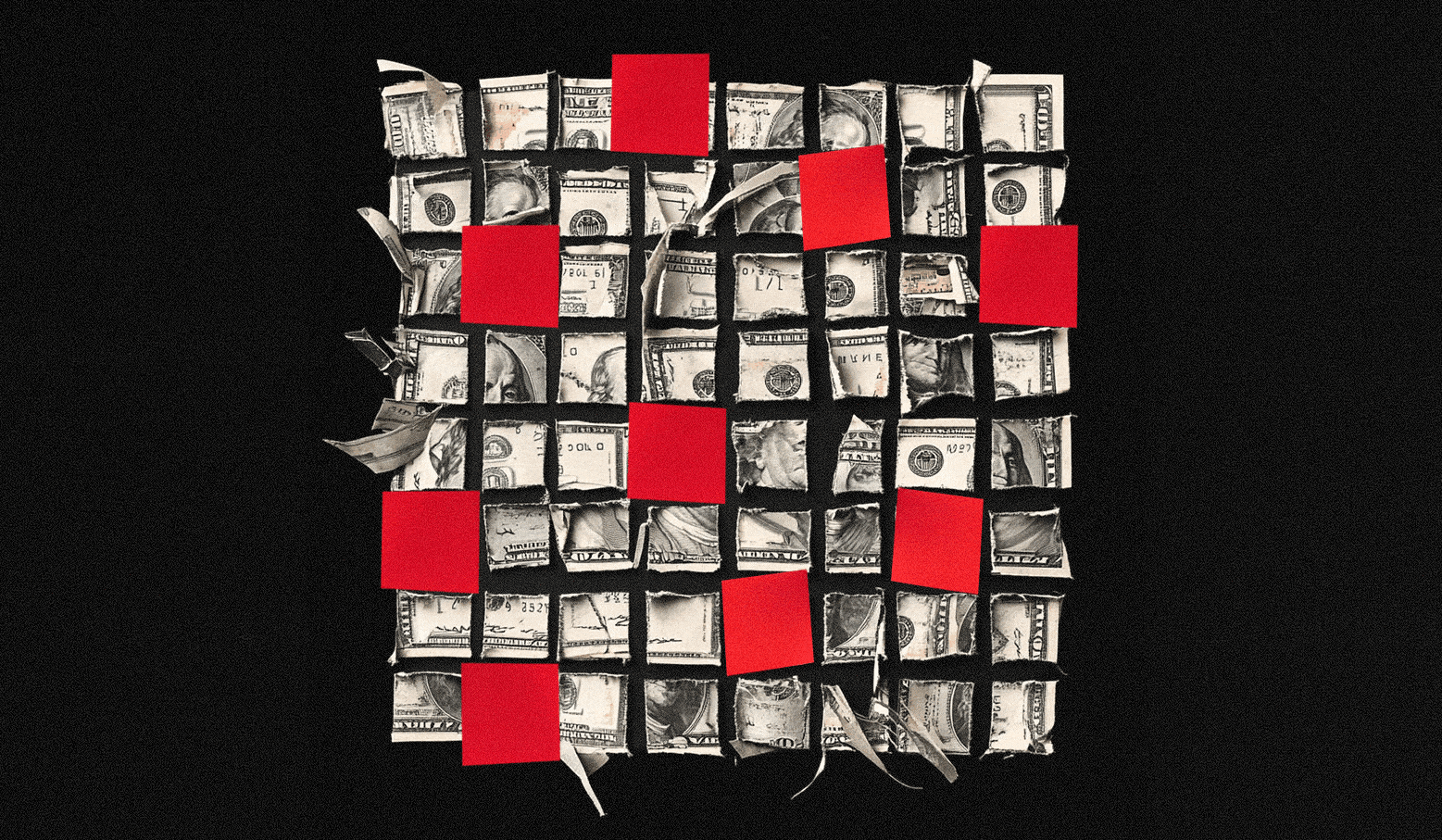










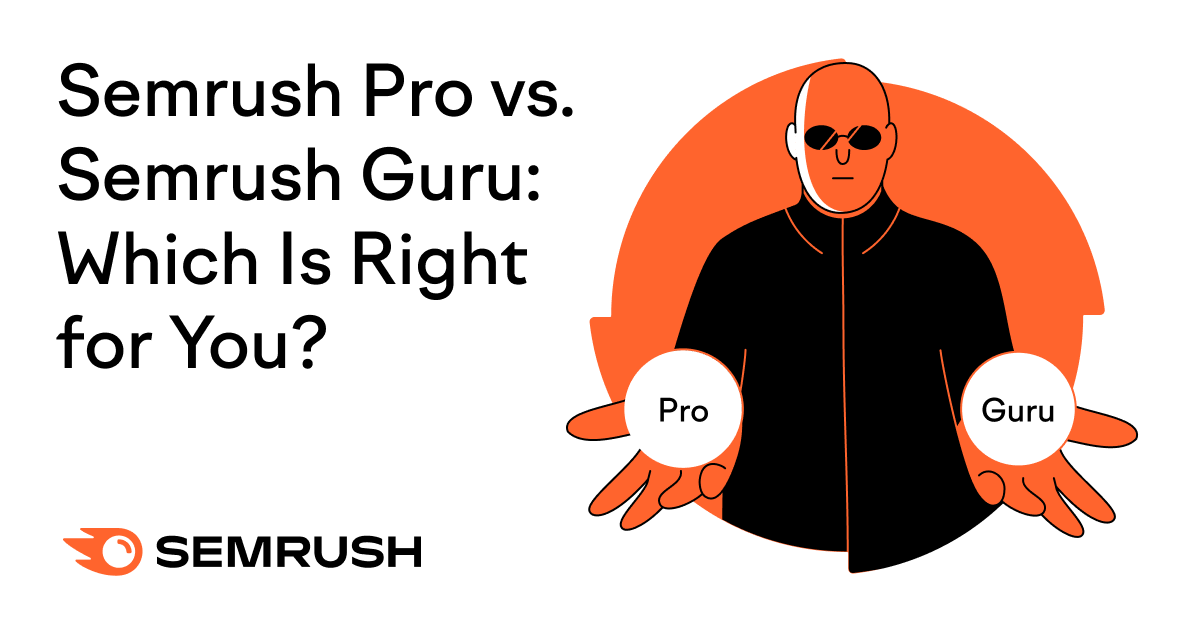

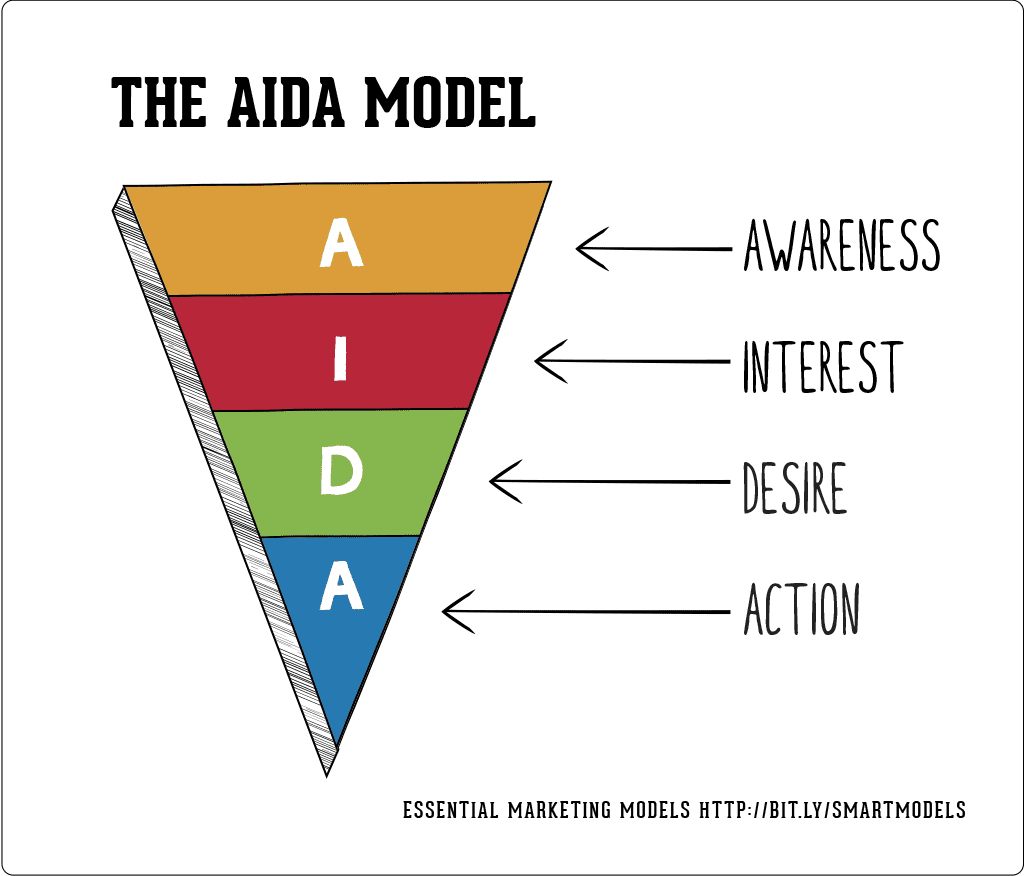















![The 11 Best Landing Page Builder Software Tools [2025]](https://www.growthmarketingpro.com/wp-content/uploads/2024/04/best-landing-page-software-hero-image-1024x618.png?#)









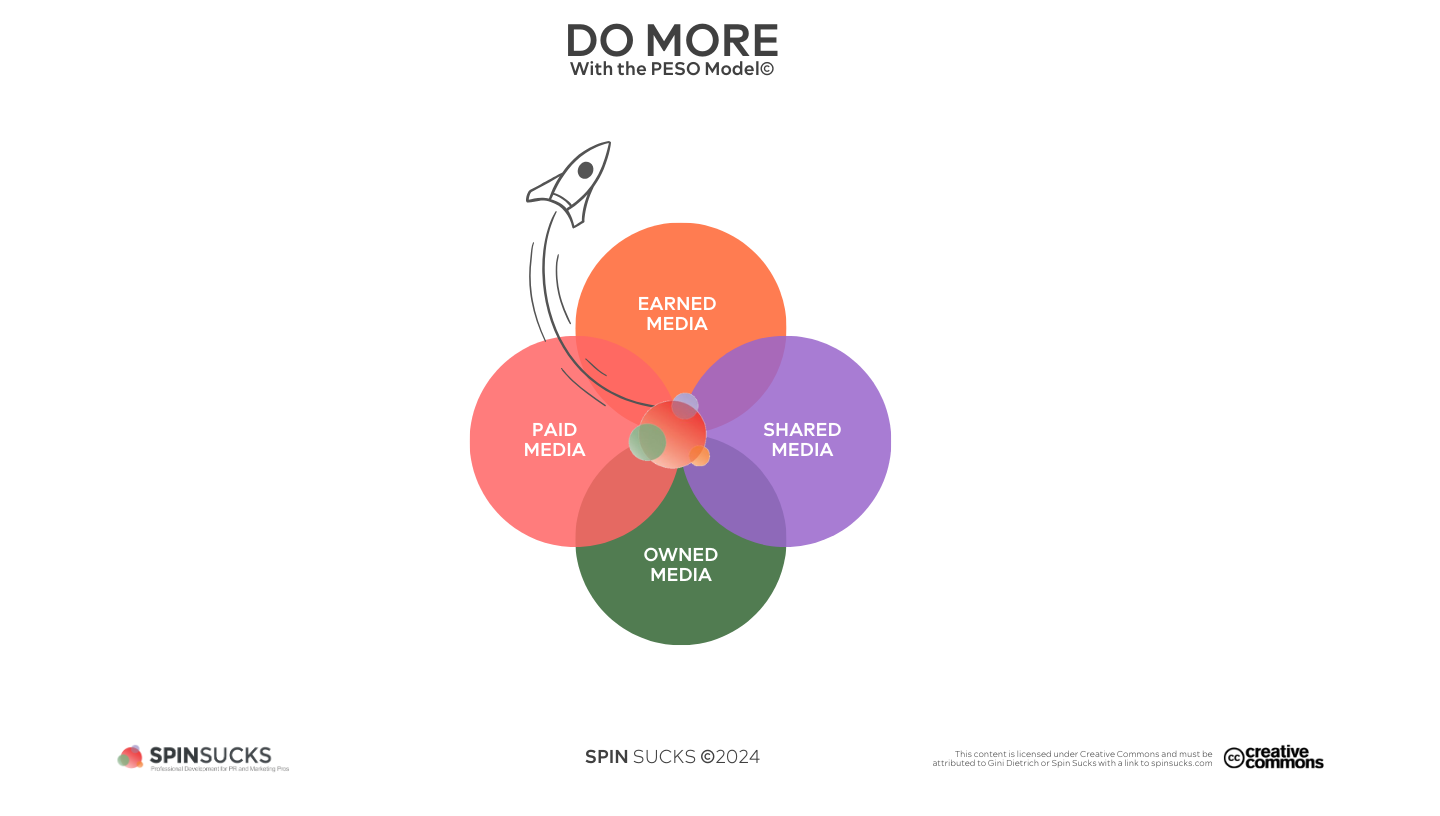




























![What Is Generative Engine Optimization [Tips & Workflows To Do It]](https://moz.com/images/blog/banners/What-Is-Generative-Engine-Optimization-Tips-Workflows-To-Do-It-1.png?auto=compress,format&fit=crop&dm=1745607929&s=6f75f1f02c531af0f80acb12517c8bab#)



![Cracking the SEO Code: Regain Control of Search Visibility in the Age of AI [Webinar] via @sejournal, @hethr_campbell](https://www.searchenginejournal.com/wp-content/uploads/2025/05/featured-73.png)










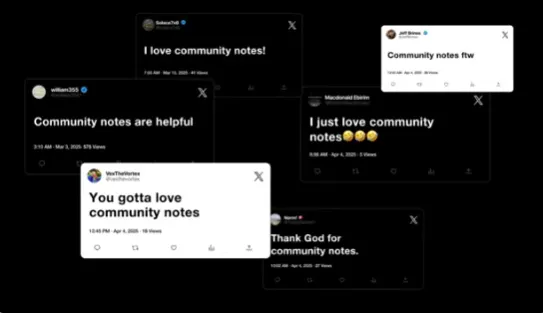











![Social media image sizes for all networks [May 2025]](https://blog.hootsuite.com/wp-content/uploads/2023/01/Social-Media-Image-Sizes-2023.png)






















